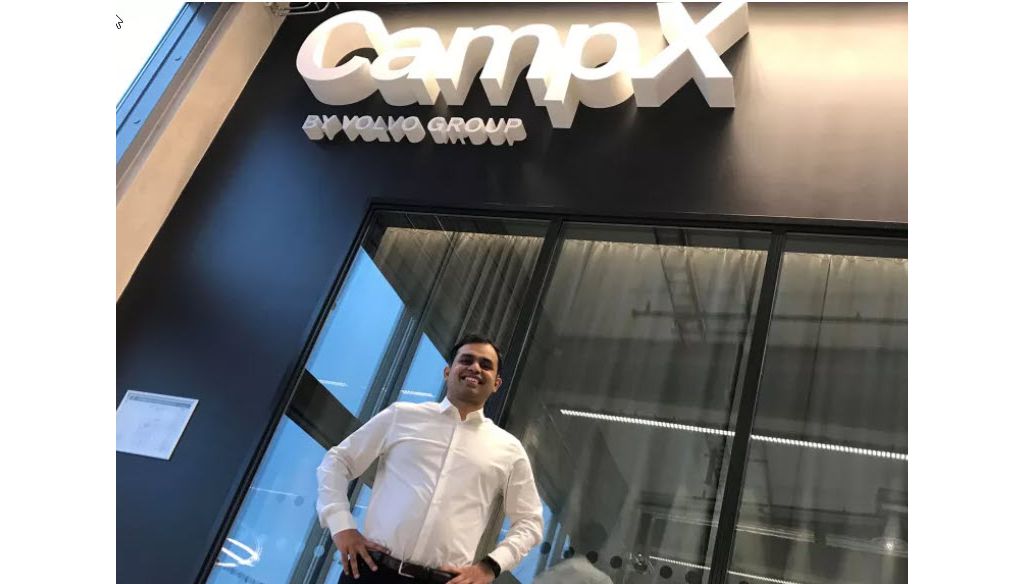Boosting R&D to thrive in transformation


“The defining feature of this transformation is uncertainty, for example will battery electric vehicles (BEV) be the one and only way to do sustainable road transports or will fuel cell and internal combustion engines (ICE) still play a significant role?” asks Vishnu Rajanikanth, Senior Innovation Manager. “Will the electricity grid continue to be centralized to handle the demands of a fully electrified transport or will decentralized energy play a bigger role?” he adds.
To understand how other industries operate and make strategic choices in such an environment, Let’s take one example and peek into the Venture capital industry.
Thinking in bets to address uncertainty
Venture Capital firms, who invest in early-stage startups are in search of a few successful companies out of the many they invest in. They use a portfolio approach of investing in startups with the knowledge that only 1 out of 10 investments will succeed.
They take the approach of spreading out investments over the development stage of each startup in their portfolio, based on progress. Tying the future investments to business development milestones.
Fig 1: VC Investment stages
Source: https://nvca.org/about-us/what-is-vc/
In addition to managing risk in each company the overall risk in the portfolio is important as well, as you can see in figure 2, about 50% of startups that raise a seed fund round fail to move on to the next stage, so failure rate is quite high.
However, the ones that succeed have the potential to deliver high returns and hence active management of the portfolio, i.e., the size of the portfolio and how the money available is spread across the invested companies and when to exit or follow-on with additional investment etc. is key to mitigate portfolio risks.
Fig 2: Startup Success rate
Source: CB insights
To tackle uncertainty, a portfolio approach to R&D where multiple paths to commercialization are developed while retaining focus and resources on each path, provides us with an alternative approach to innovation. Making bets in the form of investments into startups pursuing alternate technologies to ours for example, is one way to build such a portfolio approach.
The recent success of Venture capital funded companies has attracted a large amount of capital into VC funds. For example, according to pitchbook, in the last 3 years (2020 to 2022) close to 132 billion $ have been invested globally into approximately 5000 startups working on trucking technologies
Figure 3: VC investment into Trucking tech. startups.
Source: pitchbook
Such a large set of well-funded companies focused on solving several specific problems in the automotive industry coupled with resources such as top technology talent represent a significant opportunity. Volvo Group can access and co-create with startups for future growth.
In addition to the above, an active engagement with the startup ecosystem leads to Volvo Group team members using a new way of working which eventually improves and makes for a more agile corporate R&D process.
Although Venture Capital firms aim to maximize financial returns, the portfolio approach lends well as a compliment to corporate R&D as well, especially as way to manage an innovation or new business portfolio.
This is exactly the opportunities we address within the CampX Concept and its tools: the Accelerator, the Incubator, and the Venture builder. “The CampX toolbox is a complement to the traditional R&D process and is open for everyone within the Volvo Group to use”, adds Vishnu.
Related links:
CampX by Volvo Group web page
Volvo Group spins out new company Fyrqom AB
Volvo Penta and Qamcom Group form the new start up: Cetasol